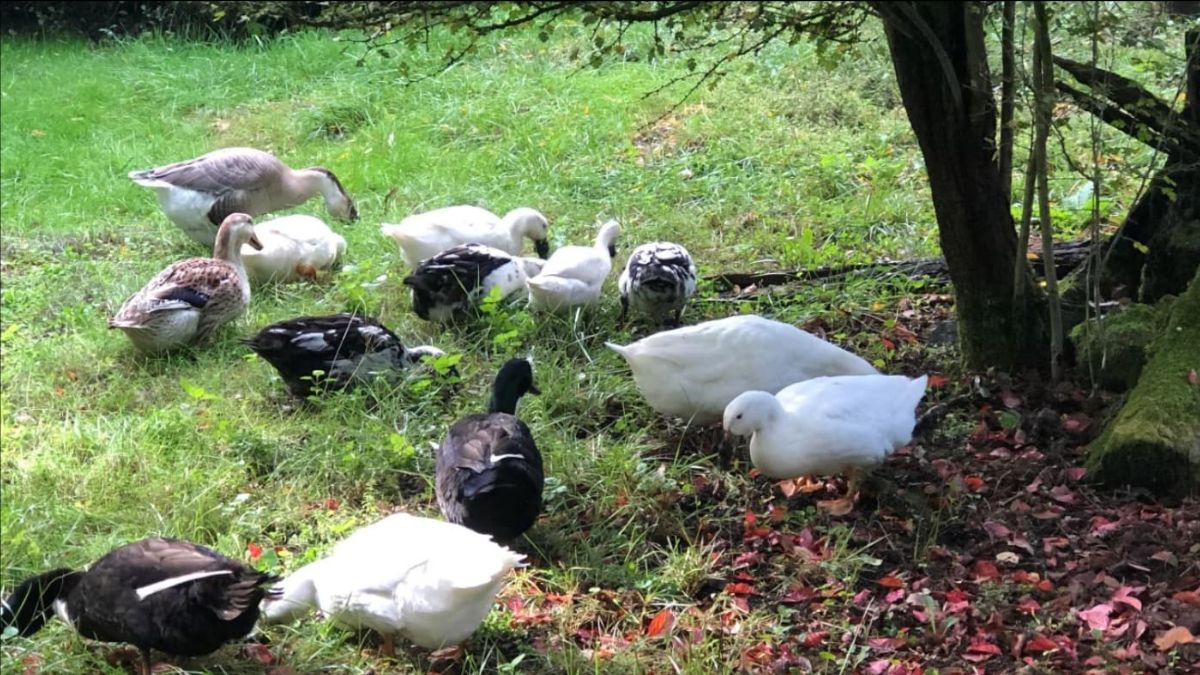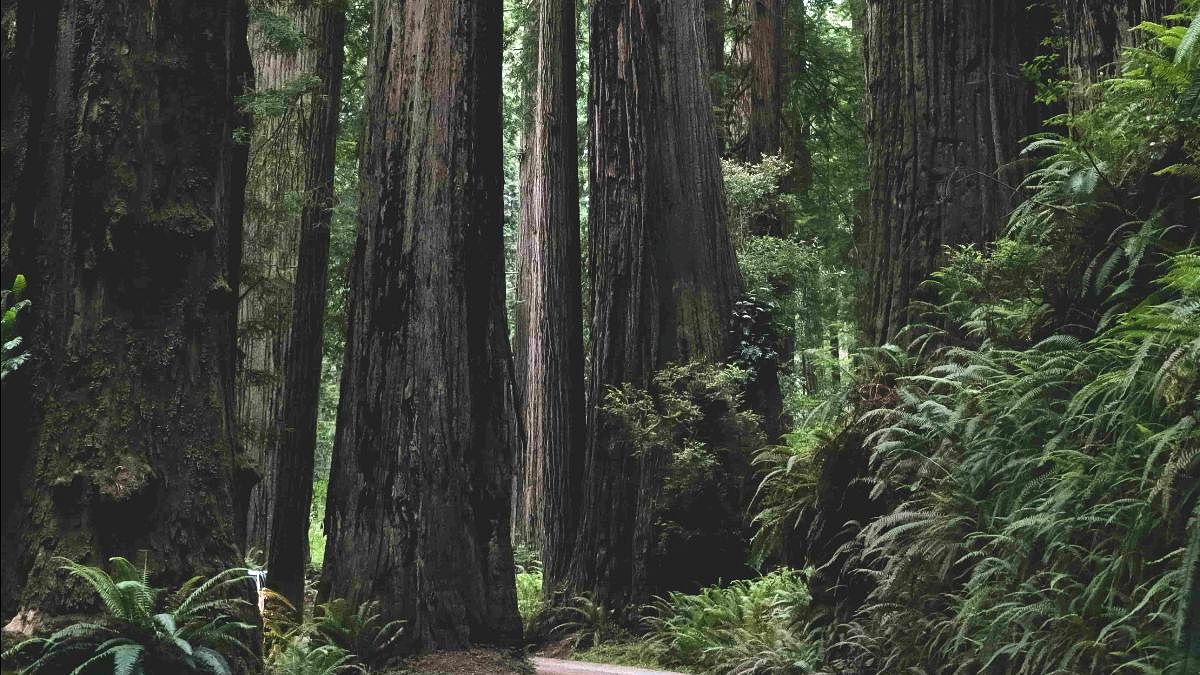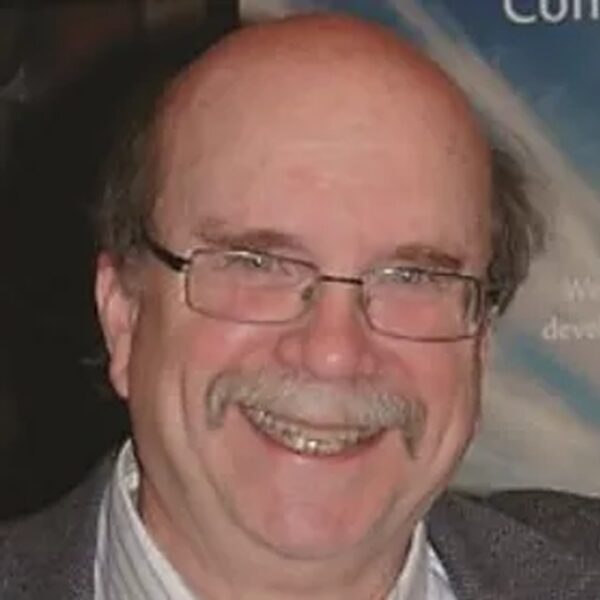Climate Change and Bird Flu

This has been a solemn week at our small farm in western Oregon. Avian influenza (also known as bird flu) has appeared for the first time. Eight chickens and our lone female goose “Larry” succumbed to the disease this week and all 12 ducks are being humanely euthanized to help stop the spread as I write this article. They call the culling process “depopulating”, which is accurate and necessary, but the term somehow feels too insensitive when applied to our friends. We kept these birds mainly for pleasure – they were a joy in so many ways and the organic eggs were a nice bonus.
Avian influenza around the world is very much on the rise, impacting both wild and domestic birds with some viral strains becoming more virulent and crossing over to impact mammals, including humans. This latest outbreak of the H5N1 virus began in the U.S. in 2021 and it continues to make headlines for its tenacity and spread to new places – it was recently reported for the first time in Antarctica. As clearly demonstrated by our collective experience with COVID-19, viruses are simple organisms with the incredible ability to rapidly mutate making them extremely challenging to control. Recent trends with many viruses (including bird flu) are beginning to alarm scientists who believe change in climate is a contributing factor. Culling infected animals is argued to be inadequate to control this growing global health threat to wild and domestic animals and humans. We should not wait until this or other animal virus jumps to humans – we know what can happen then. The development of vaccines or other proactive treatments needs to be taken seriously now.
As for our little farm, we will wait out our quarantine and try again in spring – which seems so far away. The farm is eerily quiet and we miss our friends.
Executive Order on Protecting Old Growth Forests

Reforestation and proforestation (letting natural forests grow old) is an important component in combating climate change. On April 22, 2023 (Earth Day) the Biden Administration announced executive order 14072, which laid out several directives to land managers to strengthen protections for old-growth and mature forests on federal lands. U.S. Forest Service (USFS) and Bureau of Land Management (BLM) staff developed definitions for the different forest types in the country and conducted an inventory of old and mature forests on federal lands. Based on these definitions and inventory, the USFS and BLM manage 32 million acres of old growth and 80 million acres of mature forests.
An update to this executive order was released on December 19, 2023, which includes a directive to the Forest Service to amend all 128 forest management plans to conserve and restore old-growth forests throughout the system. This announcement includes the Northwest Forest Plan, which covers federally managed forests in Washington, Oregon, and California and includes 25% of the remaining old growth in the national forest system.
There are considerable stressors to our nation’s forests (e.g., wildfire and insect and disease outbreaks) that will make what seems straightforward quite complex, but these announcements and actions are important to monitor in order to achieve the most effective outcomes.
Thank you…

Back in 1994, David Johns became my first boss after graduate school. I had just finished my Ph.D. at The Ohio State University and became the first science support staff for a new non-profit initiative called The Wildlands Project. Later, Pam Frost and I elected to set off on our own and created the Conservation Biology Institute in November 1997. David Johns was one of the first board members and has provided support and guidance in a variety of ways over these many years. David is a passionate conservationist and he would frequently challenge us to be bolder in using our science to advance political and social change. Law and political science are his profession – what did we expect. We may not have always agreed on how best to achieve our stated mission, but his knowledge and experience in conservation is rich and I could always count on him to challenge us to strive to have a larger conservation impact.
And now, after 27 years of service, David has elected to step off the board. Thank you for staying with CBI for all these years, through all of the highs and occasional lows. He will remain a person we can always call on for guidance – I am sure we’ll take him up on it.
